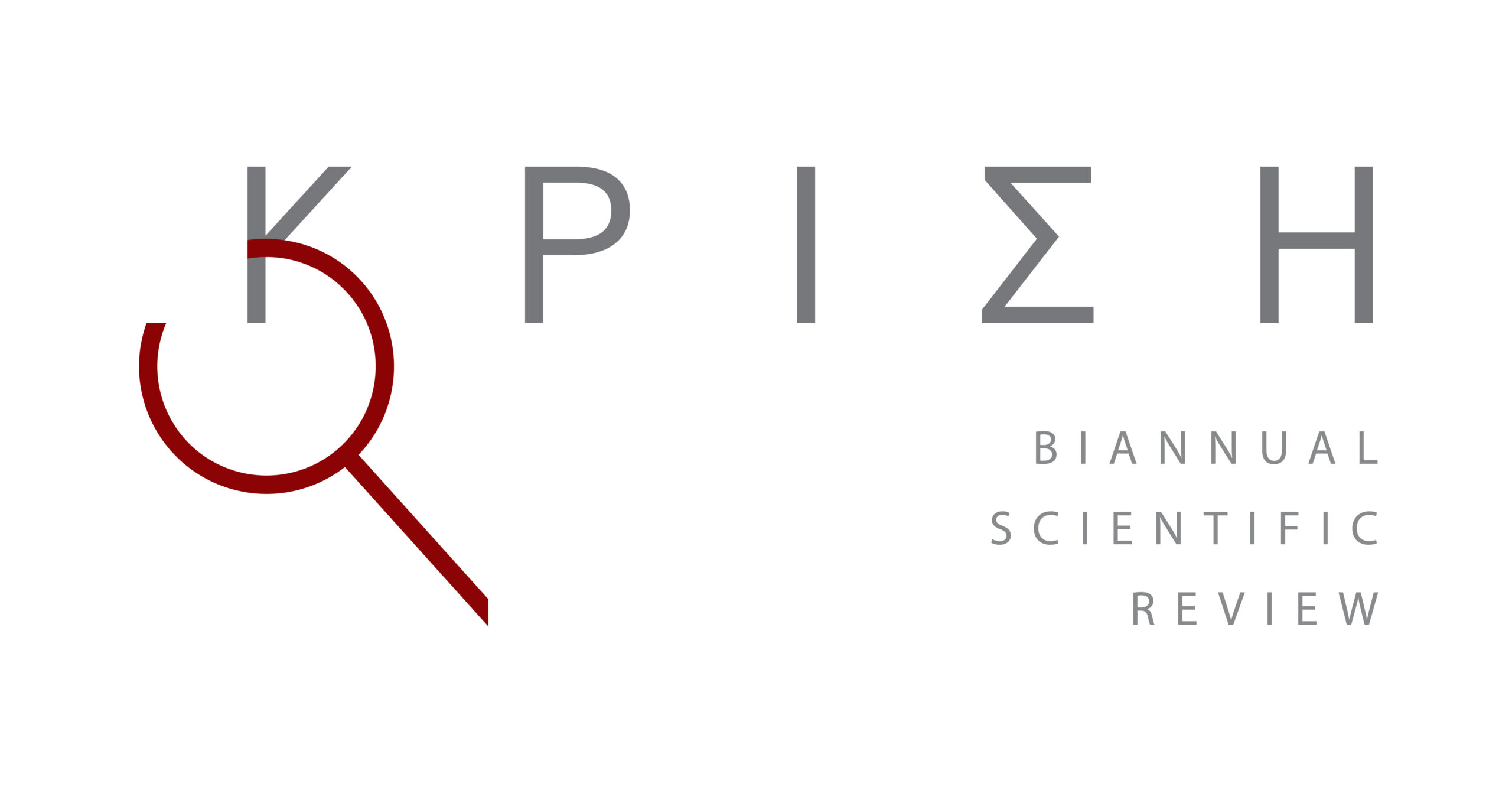In the current paper, I claim that Marx in his early writing, mainly in the Economic-philosophic manuscripts of 1844, seeks to outline a non-reductive materialist program that would overcome the materialism-idealism opposition. His strategy, inspired by the Hegelian dialectics, aims to move beyond the dogmatic opposition of subject and object not by erasing it, but by showing the way it is constituted. In this direction, I argue that Marx’s program develops methodologically starting from a ‘phenomenology of nature’, which takes place in naturalistic terms, and through this it proceeds to an ontology of the subject-object relationship. The overcoming of materialism-idealism opposition leads to the re-appropriation of subjectivity, and hence of the moment of idealism, within materialism through the concept of praxis or labour, which is entangled, in a philosophically original way, with basic ontological and epistemological questions of philosophy. The rescue of materialism is secured as the development of the subject-object dialectics occurs within the initial naturalistic context of the ‘phenomenology of nature’, while metaphysic realism, as an ontological position, is constituted through the practical deployment of subjectivity itself.
“Nature” and “praxis”. Elements for a non-reductive materialism in Marx’s early work.
Abstract
